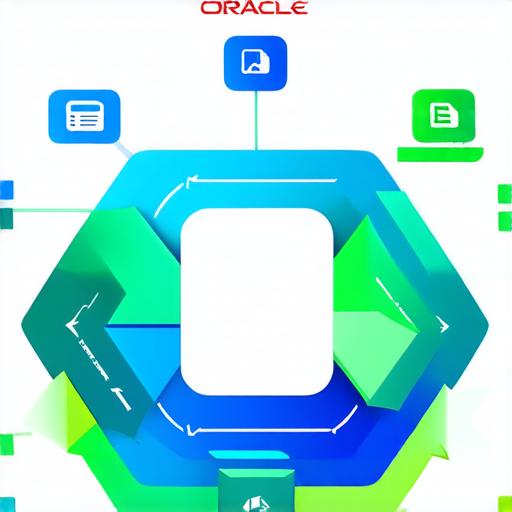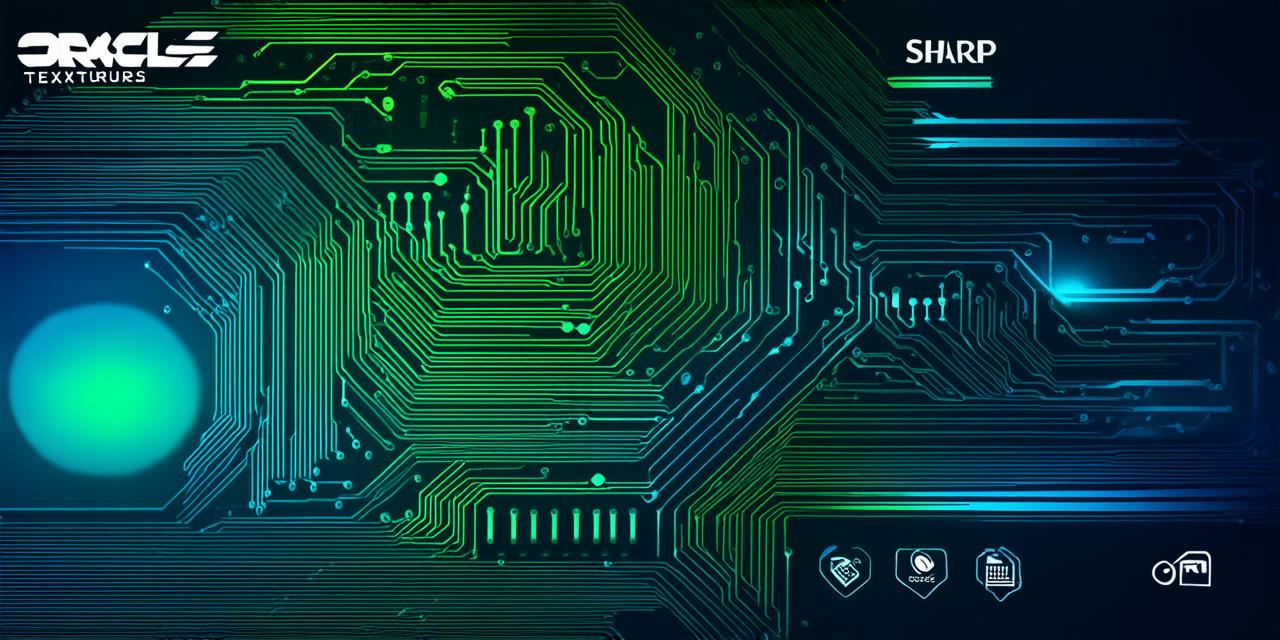
Smart contracts are self-executing programs that run on a blockchain network. These contracts enable automated execution of business processes and provide transparency, security, and immutability to transactions. However, smart contracts need access to relevant data to function effectively.
Oracle’s Role in Smart Contract Data Access:
Oracle provides a variety of data sources, including databases, APIs, and integration tools, to enable smart contracts to access the required data on the blockchain. These data sources can be integrated with the blockchain network using Oracle’s cloud-based services.
This enables smart contracts to access real-time data from various sources, which is crucial for their effective functioning.
One example of how Oracle helps smart contracts access data on the blockchain is through its Integration Cloud. The Integration Cloud provides a unified platform for integrating applications and services across different environments. It enables smart contracts to access data from various sources, including cloud-based systems, on-premises systems, and IoT devices.
Another example of Oracle’s role in smart contract data access is through its Database Cloud. The Database Cloud provides a scalable and secure platform for storing and managing data on the blockchain. Smart contracts can use this cloud-based database to store and retrieve data, ensuring that they have access to the required information.
Benefits of Oracle’s Data Access Solutions for Smart Contracts:
Oracle’s data access solutions provide several benefits for smart contracts. These include:
- Improved efficiency: By providing real-time access to relevant data, smart contracts can function more effectively and efficiently.
- Enhanced security: Oracle’s cloud-based services ensure that smart contracts have access to secure data sources. This reduces the risk of data breaches and other security issues.
- Increased transparency: By integrating with various data sources, smart contracts can provide greater transparency to users. This enhances trust in the smart contract and ensures that transactions are conducted in an open and fair manner.
- Scalability: Oracle’s cloud-based services enable smart contracts to scale up or down as needed, ensuring that they can handle any volume of data or transactions.
- Integration with other systems: Oracle’s integration capabilities allow smart contracts to integrate with other systems, enabling them to access a wider range of data and functionality.
Real-life Examples of Oracle’s Data Access Solutions in Action:
There are several examples of how Oracle’s data access solutions have been used in the smart contract industry. One example is IBM’s Food Trust platform, which uses Oracle’s Integration Cloud to enable food suppliers and retailers to share information about their supply chains. This integration ensures that all parties have access to real-time data, enabling them to track products from farm to shelf and identify potential issues before they become a problem.
Another example is the Decentralized Autonomous Organization (DAO) platform developed by ConsenSys. The DAO uses Oracle’s Database Cloud to store and manage its smart contract code and data. This integration ensures that the DAO has access to secure and scalable data sources, enabling it to function effectively on the blockchain.
Summary:
In conclusion, Oracle plays a crucial role in helping smart contracts access the required data on the blockchain. By providing real-time access to relevant data from various sources, Oracle’s cloud-based services enable smart contracts to function more effectively and efficiently. Additionally, Oracle’s integration capabilities allow smart contracts to integrate with other systems, enabling them to access a wider range of data and functionality.
